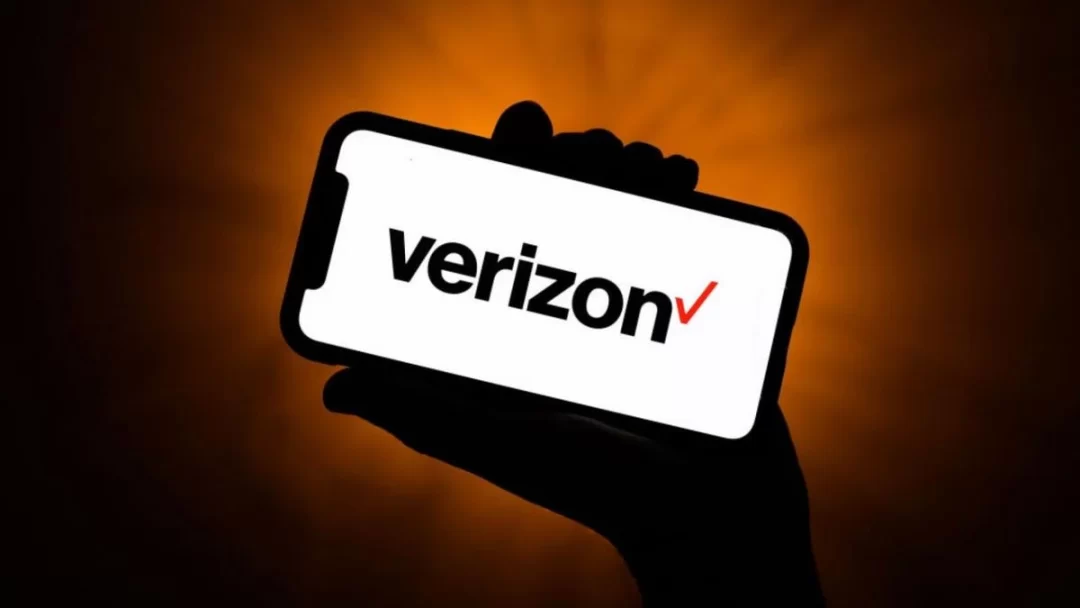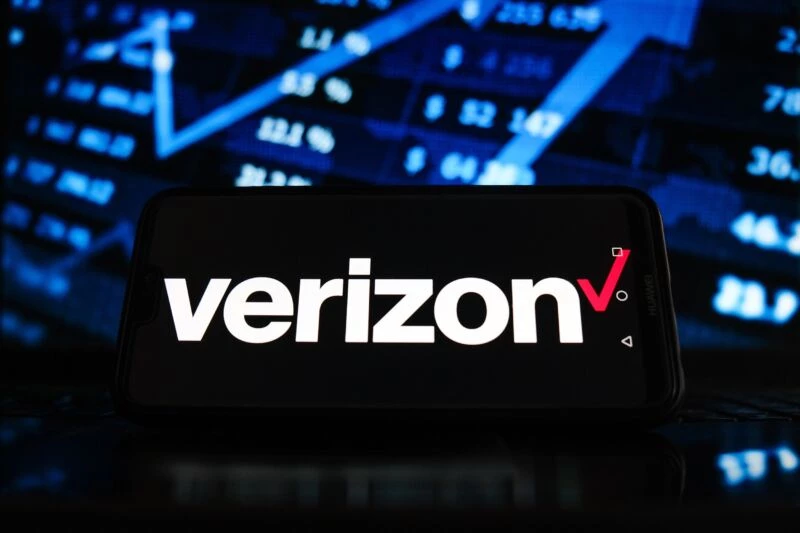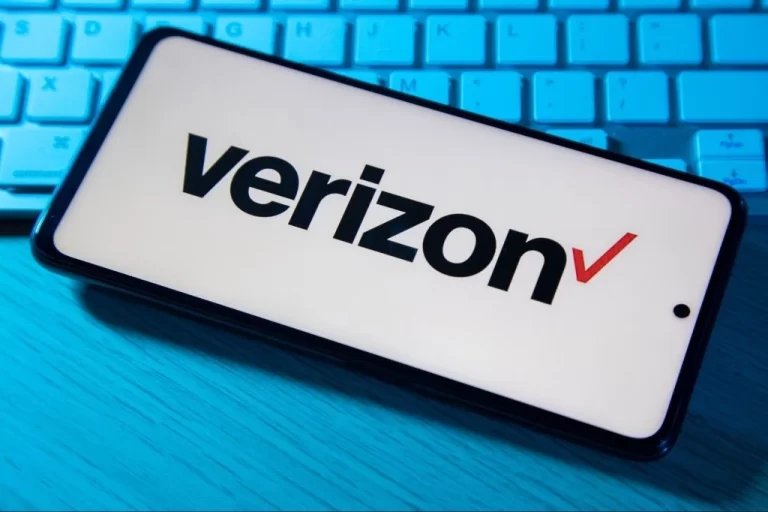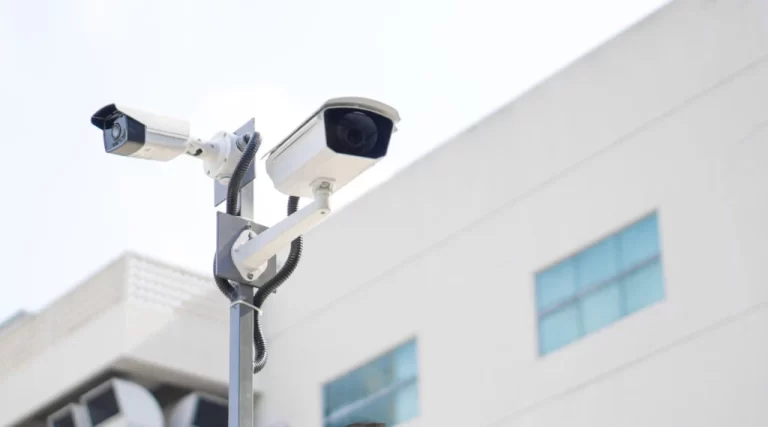What is My Verizon Security Code? Retrieve and Protect Your Code
What is my Verizon security code? Verizon, one of the leading telecommunications companies, provides various services to its customers, including mobile and internet connectivity.
To ensure the security of its services, Verizon implements a security code system. In this article, we will explore what the Verizon code is, its significance, and how to retrieve or reset it if needed.

What is My Verizon Security Code?
As Verizon customers, it’s crucial to understand the various security measures implemented by the company. One such security feature is the Verizon code.
This code acts as an additional layer of protection for your Verizon account, ensuring that only authorized individuals can access your account information and make changes.
Understanding the Verizon Security Code
Verizon code is a unique code associated with your Verizon account. It serves as an additional authentication method, ensuring that only the account owner or authorized individuals can access and manage the account.
This security code is different from your account password and provides an extra layer of protection against unauthorized access.
Importance of the Verizon Security Code
Verizon’s security code plays a vital role in safeguarding your account from potential security breaches.
By requiring a code, Verizon ensures that even if someone manages to obtain your account password, they won’t be able to access your account without the code.
This added layer of security significantly reduces the risk of unauthorized access and protects your sensitive information from falling into the wrong hands.
How to Retrieve Your Verizon Security Code
If you have forgotten or misplaced your Verizon code, there are steps you can take to retrieve it. Follow these simple instructions:
1. Visit the Verizon website or open the Verizon mobile app.
2. Click on the “Sign In” or “Login” button.
3. Select the option for “Forgot Security Code” or a similar link.
4. Follow the on-screen instructions to verify your identity.
5. Once your identity is confirmed, Verizon will provide you with your code.
How to Reset Your Verizon Security Code
In some cases, you may want to reset your Verizon code to enhance the security of your account. Here’s how you can do it:
1. Go to the Verizon website or open the Verizon mobile app.
2. Sign in to your account using your existing security code.
3. Navigate to the account settings or security settings section.
4. Look for the option to change or reset your security code.
5. Follow the provided instructions to create a new code for your Verizon account.
Best Practices for Protecting Your Verizon Account

While the Verizon security code provides an extra layer of protection, it’s essential to adopt best practices to ensure the overall security of your Verizon account. Here are some tips to help you protect your account:
1. Choose a strong and unique password for your Verizon account.
2. Enable two-factor authentication for added security.
3. Regularly update your account password and security code.
4. Be cautious of phishing attempts and avoid clicking on suspicious links.
5. Keep your devices and software up to date to mitigate vulnerabilities.
By following these best practices, you can enhance the security of your Verizon account and reduce the risk of unauthorized access.
Conclusion
In conclusion, the Verizon code is an important feature that helps protect your Verizon account from unauthorized access.
It acts as an additional layer of authentication, ensuring that only authorized individuals can access and manage your account.
By understanding the significance of the security code and following best practices for account protection, you can enjoy a secure online experience with Verizon’s services.
READ ALSO!!!





